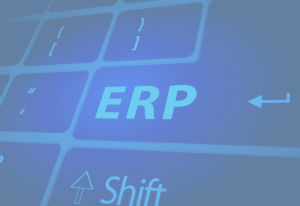
Production planning is a critical process in manufacturing that involves the coordination of resources and activities to meet production goals. Enterprise Resource Planning (ERP) systems can be used to optimize production planning, providing real-time visibility into operations, and streamlining the manufacturing process.
ERP systems can help businesses plan production by providing visibility into inventory levels, production capacity, and demand forecasts. By integrating data from various sources, ERP systems can help businesses make informed decisions about production scheduling, resource allocation, and material requirements.
One of the key advantages of using an ERP system for production planning is the ability to automate workflows and reduce manual processes. This can improve efficiency, reduce errors, and free up staff to focus on more strategic tasks.
ERP systems can also help businesses to identify and mitigate risks in the production process, such as supply chain disruptions, production delays, or quality issues. By monitoring key performance indicators (KPIs) and providing real-time alerts, ERP systems can help businesses quickly respond to issues and minimize their impact on production.
Finally, ERP systems can provide valuable insights into the production process, enabling businesses to optimize production workflows and improve overall performance. By analyzing production data, businesses can identify areas for improvement, such as bottlenecks or inefficiencies, and implement solutions to improve productivity and reduce costs.
In conclusion, production planning is a critical process in manufacturing, and ERP systems can play a key role in optimizing this process. By providing real-time visibility, automating workflows, identifying risks, and providing valuable insights, ERP systems can help businesses improve productivity, reduce costs, and achieve their production goals.




